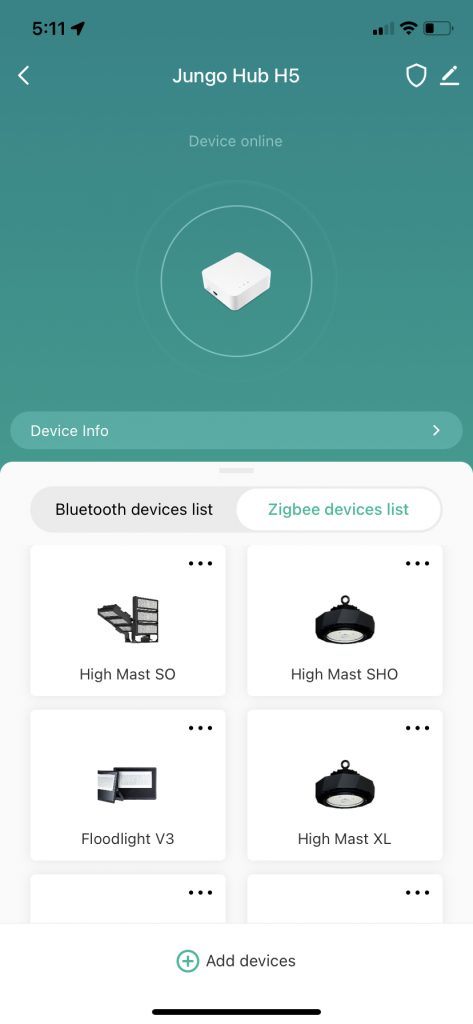How do I know if I need a hub for my smart space?
With the advancement of technology, it is increasingly common for homes to have smart devices, which can be controlled through a mobile application or by voice commands. However, some of these devices require a bridge or hub to function properly. In this article, we will explain how to know if you need a hub for your smart space and what are the advantages of having one.
Table of Contents
What is a hub?
A hub It is a device that acts as a control center for other devices connected on a network. In the case of a smart space, the hub is responsible for connecting all the smart devices of the home in a single network, allowing them to be controlled from a single mobile application or by voice commands.
How do I know if I need a hub for my smart space?
Not all smart devices require a hub to function. Some, like smart bulbs or smart plugs, can be controlled directly from a mobile app without the need for a hub. However, other devices, such as smart thermostats, smart locks or security systems, do need a hub to function properly due to the communication language they use, currently the most widely used is zigbee.
To find out if you need a hub for your smart space, the first thing you should do is research the requirements of each device you want to use. If any of them requires a hub, you must purchase it in order to use it at home. Also, it's important to note that some hubs are only compatible with certain smart devices, so you'll need to make sure that the hub you purchase is compatible with the devices you intend to use. Our Jungo hub It is compatible with bluetooth and Zigbee devices to have a wide connection capacity.
Advantages of having a hub for your smart space
Having a hub for your smart space has several advantages, among which the following stand out:
1. Centralized control
By having a hub, you can control all your smart devices from a single mobile app or by voice commands. This means you won't have to open different apps to control each device, saving you time and simplifying the task of controlling your home.
2. Automation
A hub will also allow you to automate your smart devices, which means you can create routines or scenarios that run automatically based on your needs. For example, you can program your lights to turn on automatically when you get home or turn off when you leave.
3. Integration
With a hub, you can integrate different smart devices into a single system. This means that you will be able to make your devices work together to accomplish a specific task. For example, you can program your lights, your thermostat, and your security system to all activate at the same time when you leave the house.

Conclusion
In short, to find out if you need a hub for your smart space, you should research the requirements of each device you want to use. If any of them requires a hub, you must purchase it in order to use it at home. In addition, having a hub has several advantages, such as centralized control, automation, and device integration.
